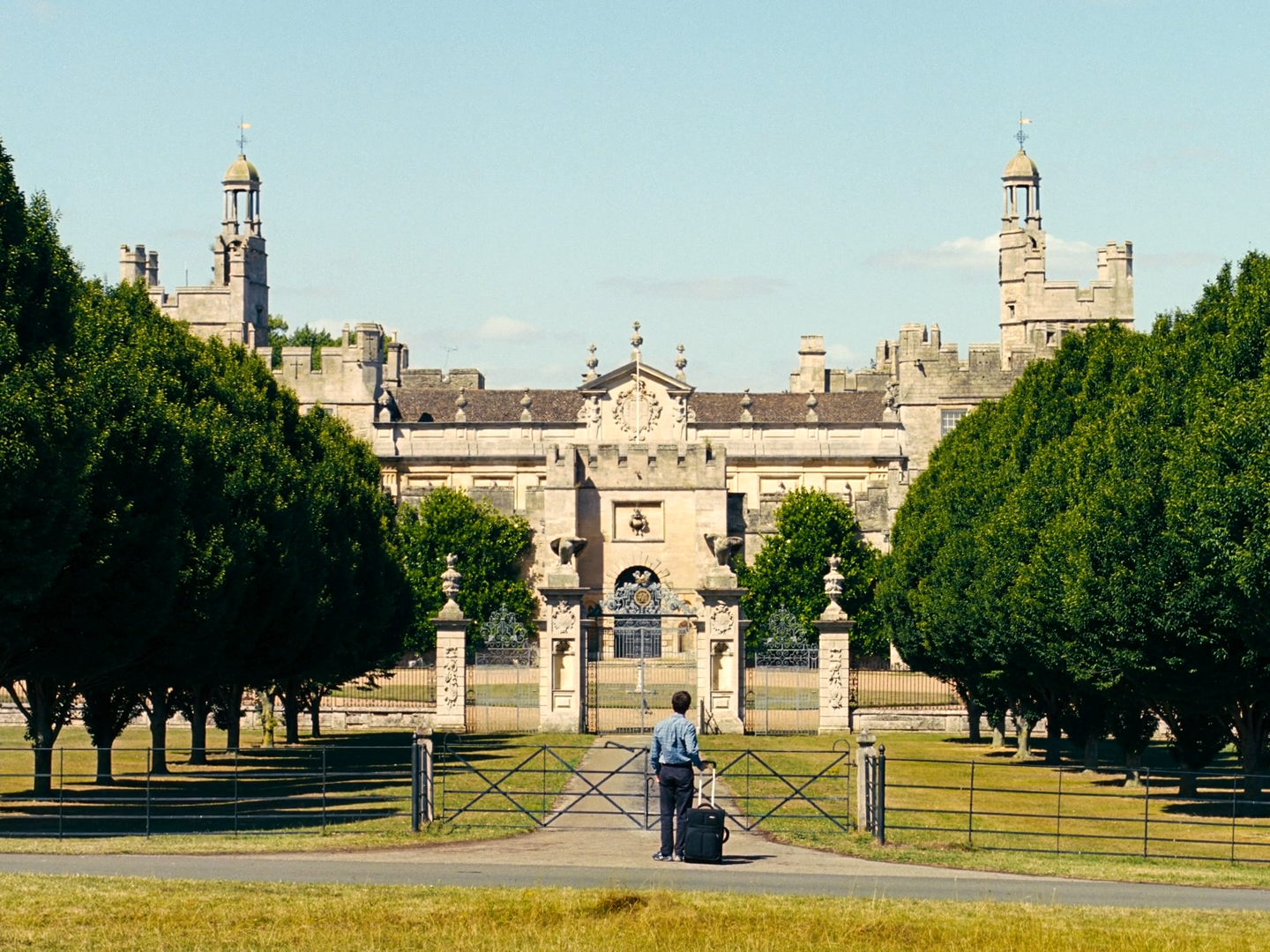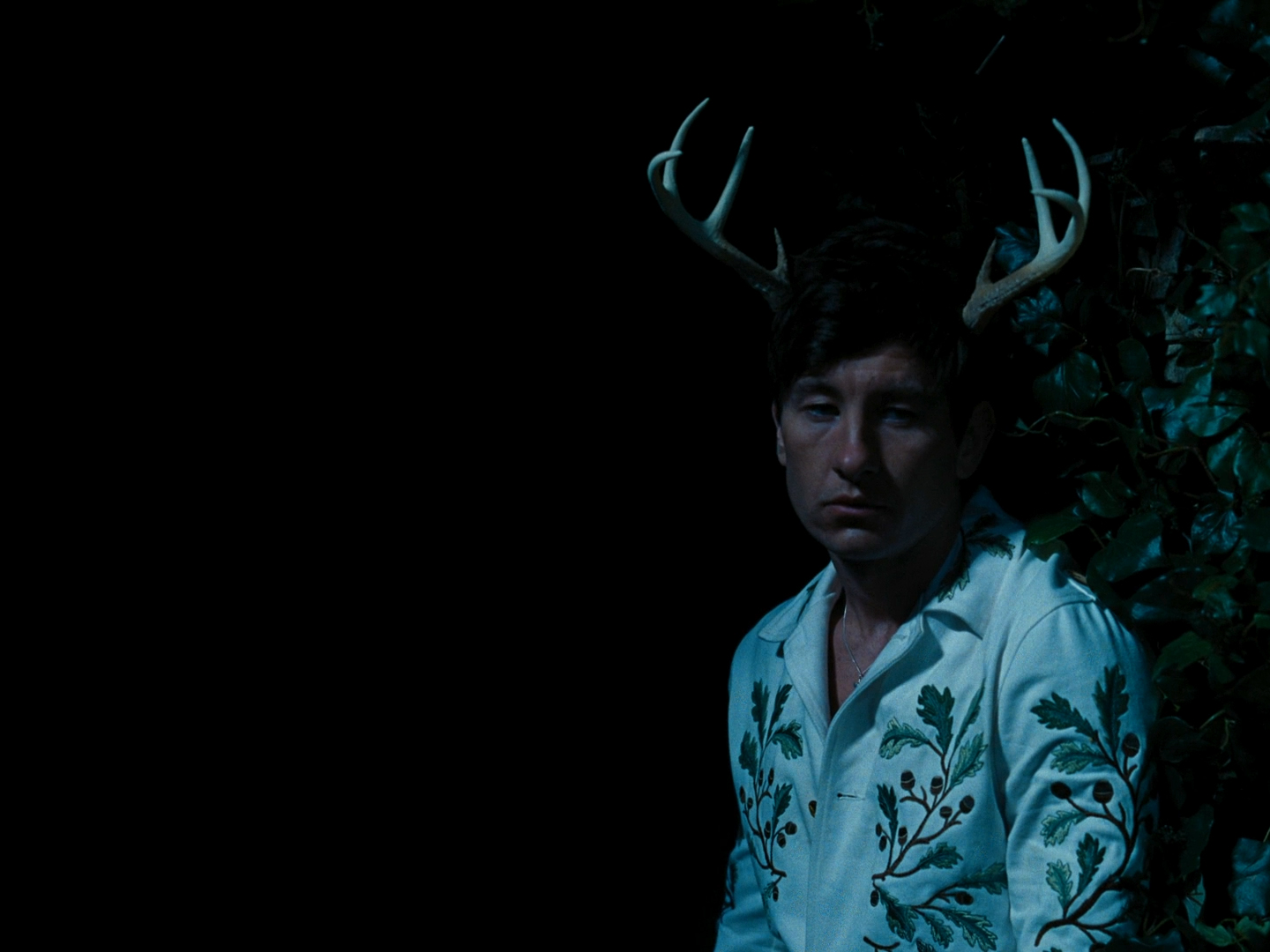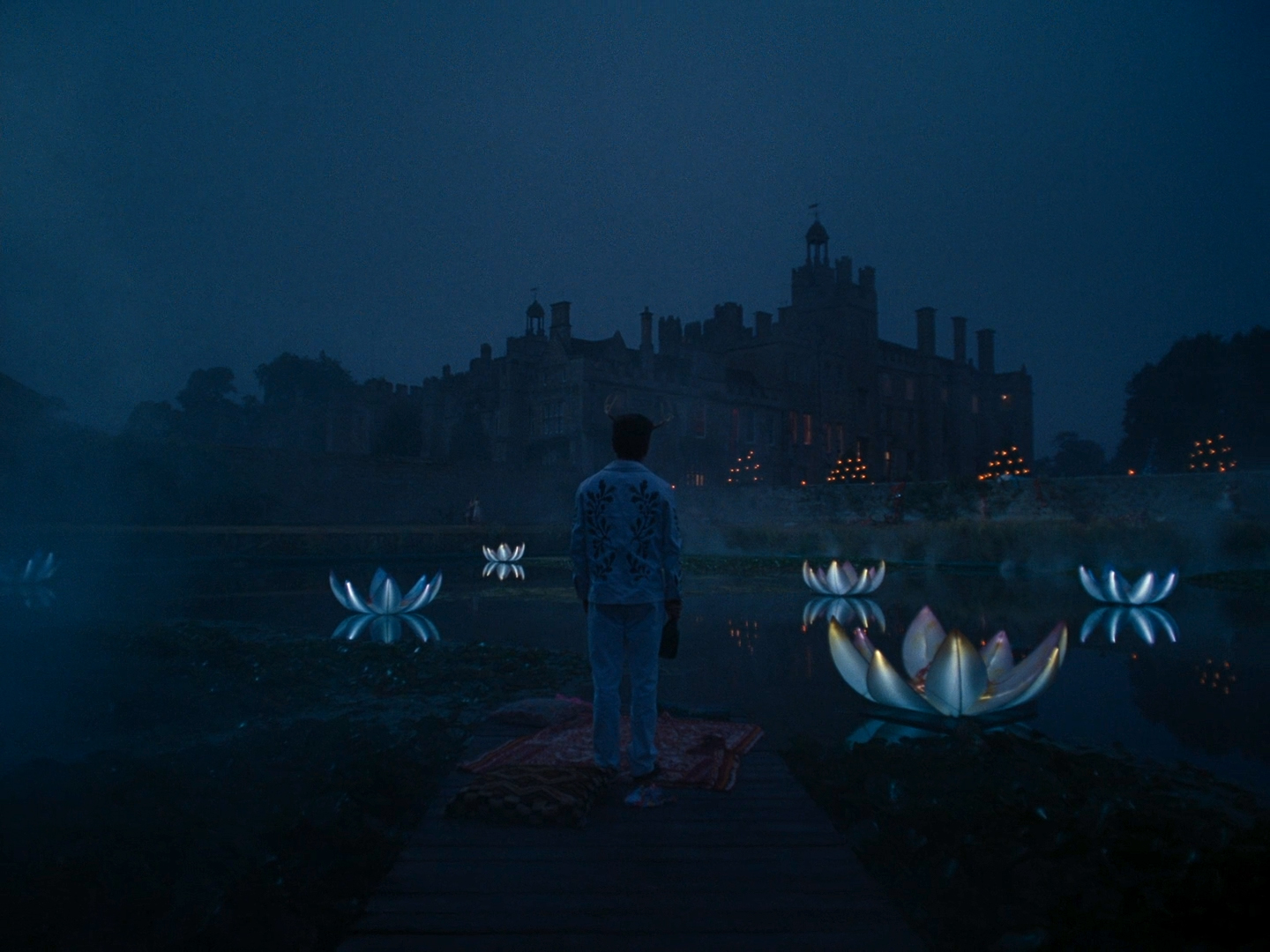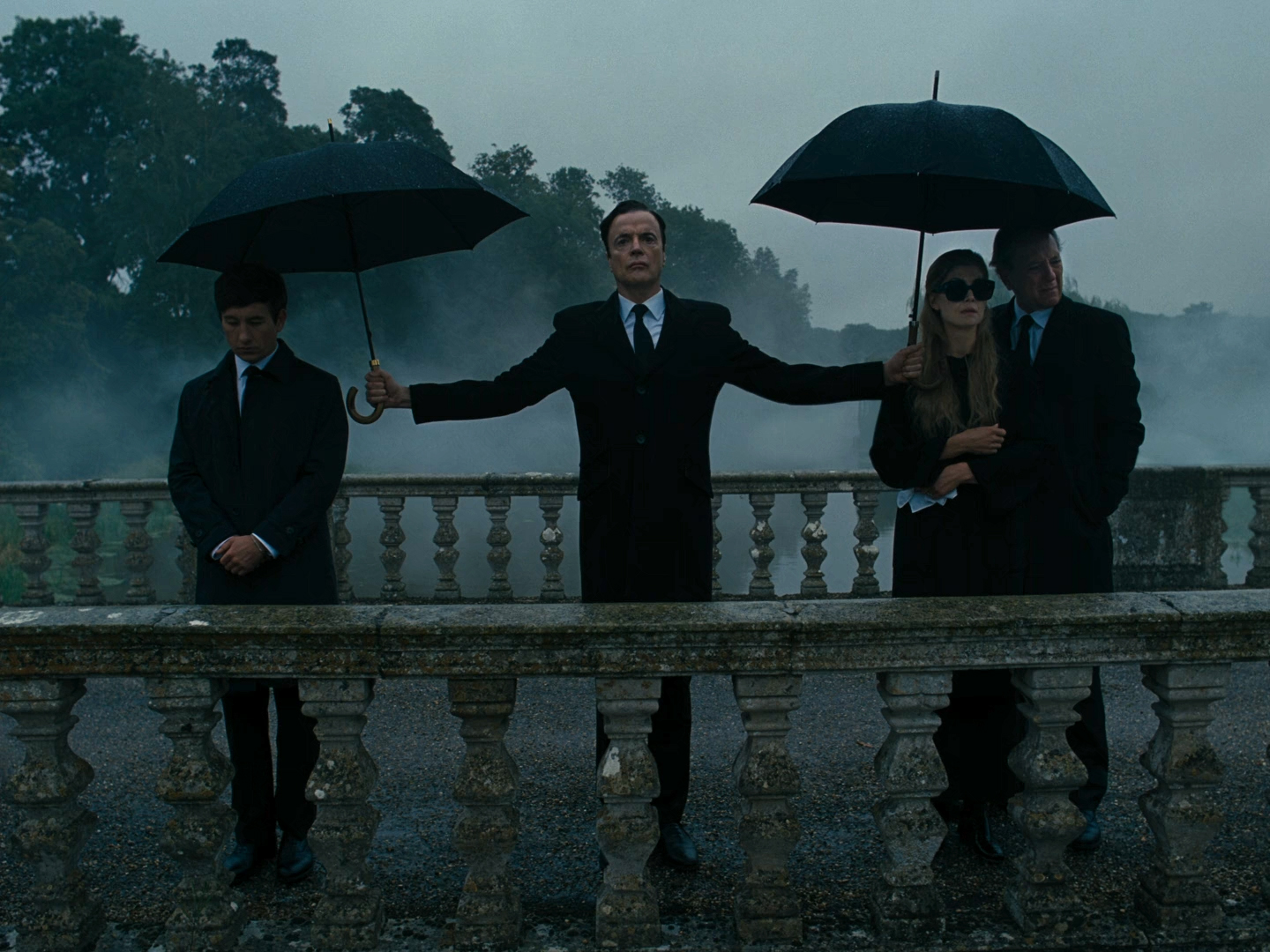Jake Sulpice
Saltburn
Watched on December 29, 2023

I went to see this in theaters and walked out after twenty or thirty minutes because I wasn’t feeling it at all. The film felt like a coming-of-age dramatic black comedy with a higher budget than most, and at the time, I was just not captivated at all. I downloaded it when it was released digitally to give it another shot, starting the film from (nearly) the beginning.
Going into this one blind and having my first impressions distorted, I did not anticipate much. Once I passed the point I had left at the theater, the story turned toward a distressing, uncomfortable psychological thriller. Not in a Lars von Trier way, but at the same time, not too far off.
Accidents are for people like you. For the rest of us, there’s work. And unlike you, I actually know how to work.
Saltburn benefits tremendously from deliberate misdirection. Barry Keoghan’s chilling portrayal as the lost, naive college student in Oliver was convincing, yet as he revealed himself as a psychopathic parasite wrapping his icy fingers around the heart of the Catton family’s sprawling estate, his presence went from modest outcast to villainous conspirator as fast as lightning. Following in The Killing of a Sacred Deer’s footsteps, his performance is a triumph in subtlety and dread, oscillating between a charming potential lover and a sinister, almost vampiric hunger for dominance and control.

The film delves deep into exploring desire in its most primal forms, depicting it as both a driving force and a destructive inferno. The narrative investigates the complexities of human emotions, laying bare the raw, often unsettling facets of longing and obsession. The Catton family, under Oliver’s ominous shadow, symbolizes how even the most fortified sanctuaries of wealth and power can become vulnerable to the corrosive nature of unchecked desire.
I hated all of you. And you made it so easy. Spoiled dogs sleeping belly-up. No natural predators.
Saltburn is set against a Gothic, Victorian backdrop that mirrors the classic elements of a vampire tale. The estate itself, with its dimly lit corridors and the perpetual fog that clings to its grounds, becomes a crucial cast member in its own right, echoing the looming menace of Oliver’s intentions. The setting is a perfect stage for this modern-day leech, as Keoghan’s Oliver seems to literally suck the vitality and agency from every frame he inhabits, leaving the viewer as entranced as his on-screen victims.
The film also meticulously details Oliver’s complex scheming to assume estate possession. His machinations are both horrifying and fascinating, revealing the depths of his ambition and the lengths he will go to achieve his desires. Some scenes, in particular, teetered on only serving the purpose of shock value but perfectly conveyed the unsettling nature of Oliver’s objective. The plot unfolds like a sinister chess game, each move more perilous and calculated than the last, driving the narrative to its inevitable, explosive climax.

Aside from the story, I can’t end this without mentioning the supreme cinematography throughout the film. Each frame was stunning, from the color grading and atmosphere to the framing and the film’s aspect ratio. Each shot felt like a work of art in its own right, and the lush score could not have fit more seamlessly with each scene. At some points throughout the movie, the score and visual aesthetics absolutely play a part in misleading the viewer; what should be dark, forbidding scenes are filled with soft, tender orchestral strings.
You don’t need to be told, do you? You already know. You’re just turning the handle on a jack-in-a-box. Just walking towards the end of the world. Knowing that any second the ground is going to fall away. It was the end of everything.
The film has some glaring flaws surrounding character development and pacing, but overall, this was a gripping, entertaining watch once things picked up steam. As a piece of cinema, Saltburn is a hauntingly beautiful tale of desire, deceit, and doom. It’s a testament to the storytelling craft, where every element, from the oppressive setting to the intricate (yet sometimes rushed) character arcs, is woven together to create a mesmerizing narrative. Jacob Elordi and Barry Keoghan prove that the two young actors are rising stars that the industry must take note of.

Details
- IMDB | Letterboxd
- Released in 2023
- Directed by Emerald Fennell